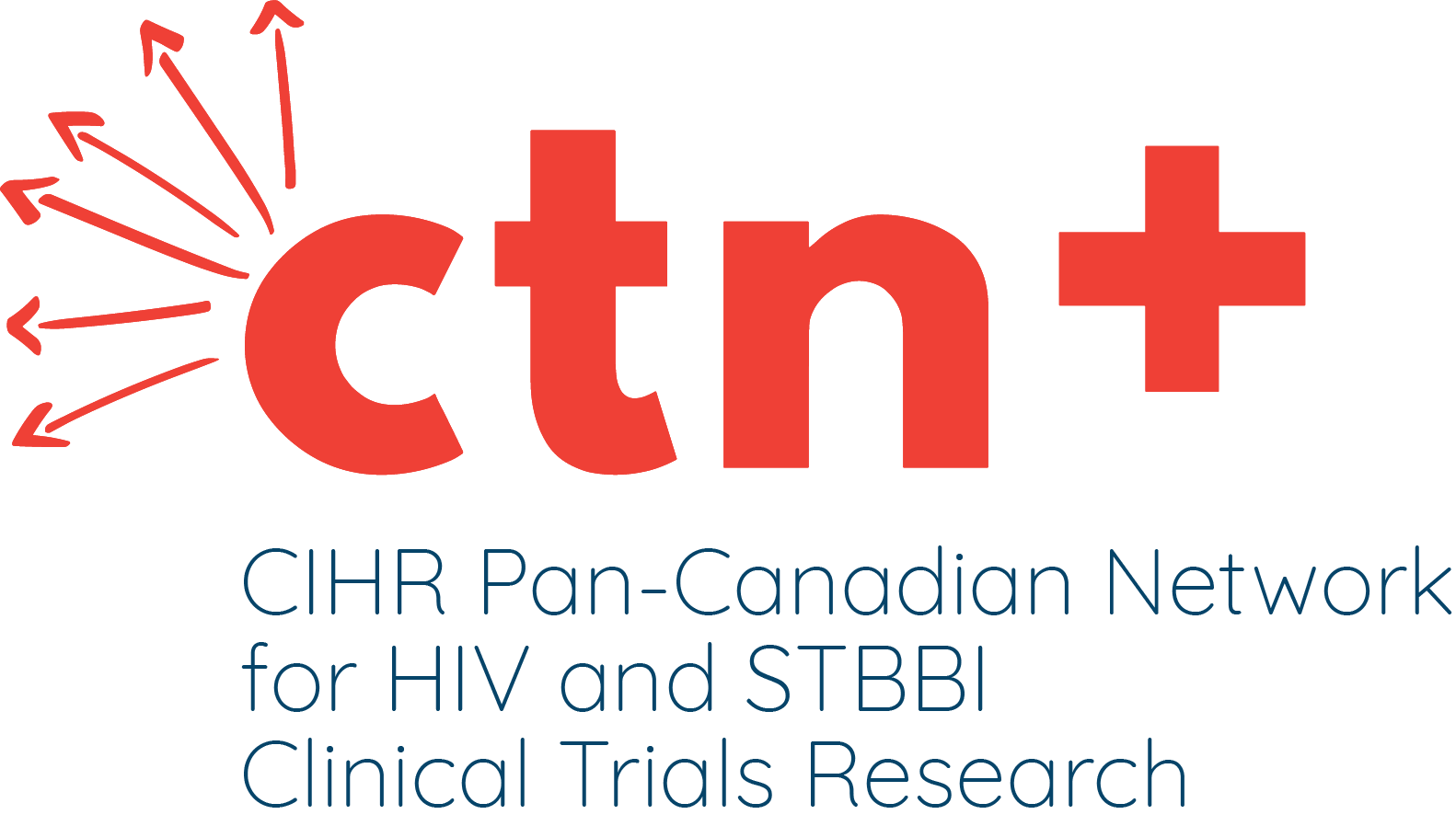
Dr. Francis Mwimanzi started his CTN Mark Wainberg Postdoctoral Fellowship in the summer of 2022. A biomedical scientist who specializes in virology and immunology, Dr. Mwimanzi has embarked on a project to improve our understanding of the immune response to COVID-19 vaccines among people living with HIV.
But how did he get to where he is today?
“I have been personally impacted by HIV and AIDS, losing six of my relatives to the conditions,” said Dr. Mwimanzi. “As a result, I developed a strong desire to understand HIV immunopathology, through which we can find ways to develop therapeutics, vaccines, and a cure, and ultimately alleviate or eradicate HIV and AIDS in my community, and others.”
Growing up in Tanzania, Dr. Mwimanzi’s exposure to HIV and AIDS went beyond familial. He also spent time working as a physician at Muhimbili National Hospital, where he was exposed to the devastating effects of HIV and AIDS throughout his community.
“This experience highlighted to me the limitations of my medical skills, which focused on alleviating the suffering of what often seemed like a never-ending caseload of clients, rather than preventing new infections or AIDS-defining illnesses,” he explained. “This further ignited my strong desire to improve the lives of people living with HIV.”
Crossing continents
After completing his PhD and Doctor of Medicine degrees in Tanzania, and gaining invaluable experience as a physician, Dr. Mwimanzi boarded a plane and flew to Vancouver. Eager to further his knowledge and understanding, he undertook a postdoctoral fellowship at Simon Fraser University on HIV-1 immunopathogenesis, under the supervision of CTN Investigator Dr. Zabrina Brumme.
Today, Dr. Mwimanzi continues to work with Dr. Brumme on his CTN Postdoctoral Fellowship project: ‘Evaluating COVID-19 vaccine cross-reactivity to variants of concern among people living with HIV.’ This research topic was chosen to honour his devotion to improving the lives of people living with HIV.
“Many people living with HIV have a weakened immune system and are at higher risk of COVID-19–related morbidity and mortality,” he explained. “Understanding immune responses to COVID-19 among people living with HIV will help us improve therapeutics and vaccine strategies for this key population.”
To achieve his project goals, Dr. Mwimanzi is evaluating the magnitude, breadth, and durability of B cell/antibody responses in an existing cohort of COVID-vaccinated adults, including 100 people living with HIV and 152 HIV-negative controls. This ongoing work is affiliated with and in parallel to the larger cross-Canada study, CTN 328.
“I hope to uncover cellular mechanisms and immune correlates of protection among people living with HIV following COVID-19 vaccination and infection,” he said.
Overall, this project will provide substantial new data to understand the ability of COVID-19 vaccines to elicit immune responses in people living with HIV that may protect against infection or disease. Furthermore, the knowledge gained through this research may also benefit efforts to improve vaccine education and reduce hesitancy among people living with HIV and the wider community.
Making a global impact
While Dr. Mwimanzi is completing his postdoctoral fellowship in Canada, home continues to be front of mind.
“As a physician–researcher from Tanzania, I am committed to applying the advanced scientific knowledge and skills that I learn through my fellowship to investigate infectious diseases that affect the African continent and the world.”
To stay up to date on Dr. Mwimanzi’s work, visit PubMed for a listing of recent publications including the CTN Fellowship-supported publication, ‘Serial infection with SARS-CoV-2 Omicron BA.1 and BA.2 following three-dose COVID-19 vaccination.’






